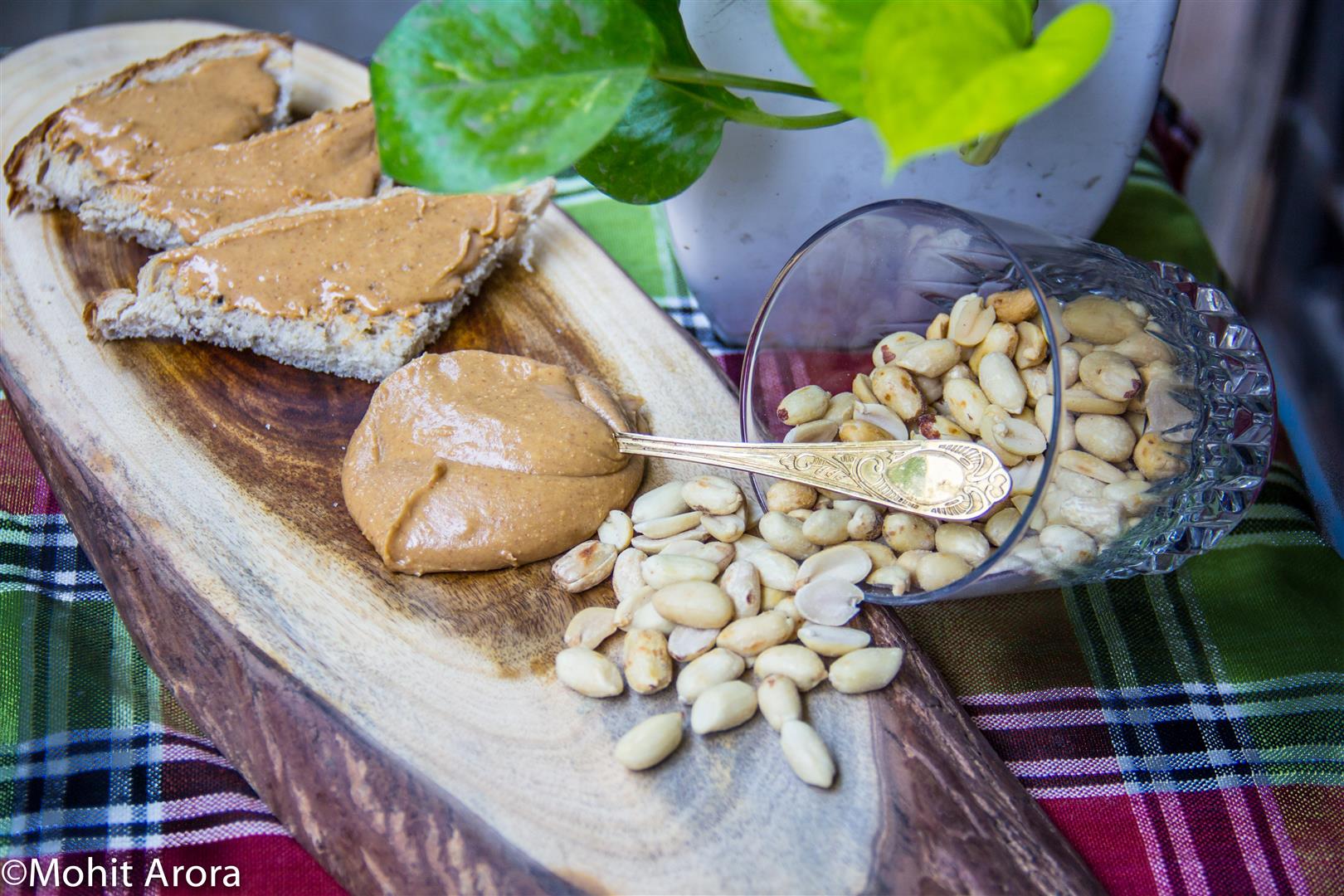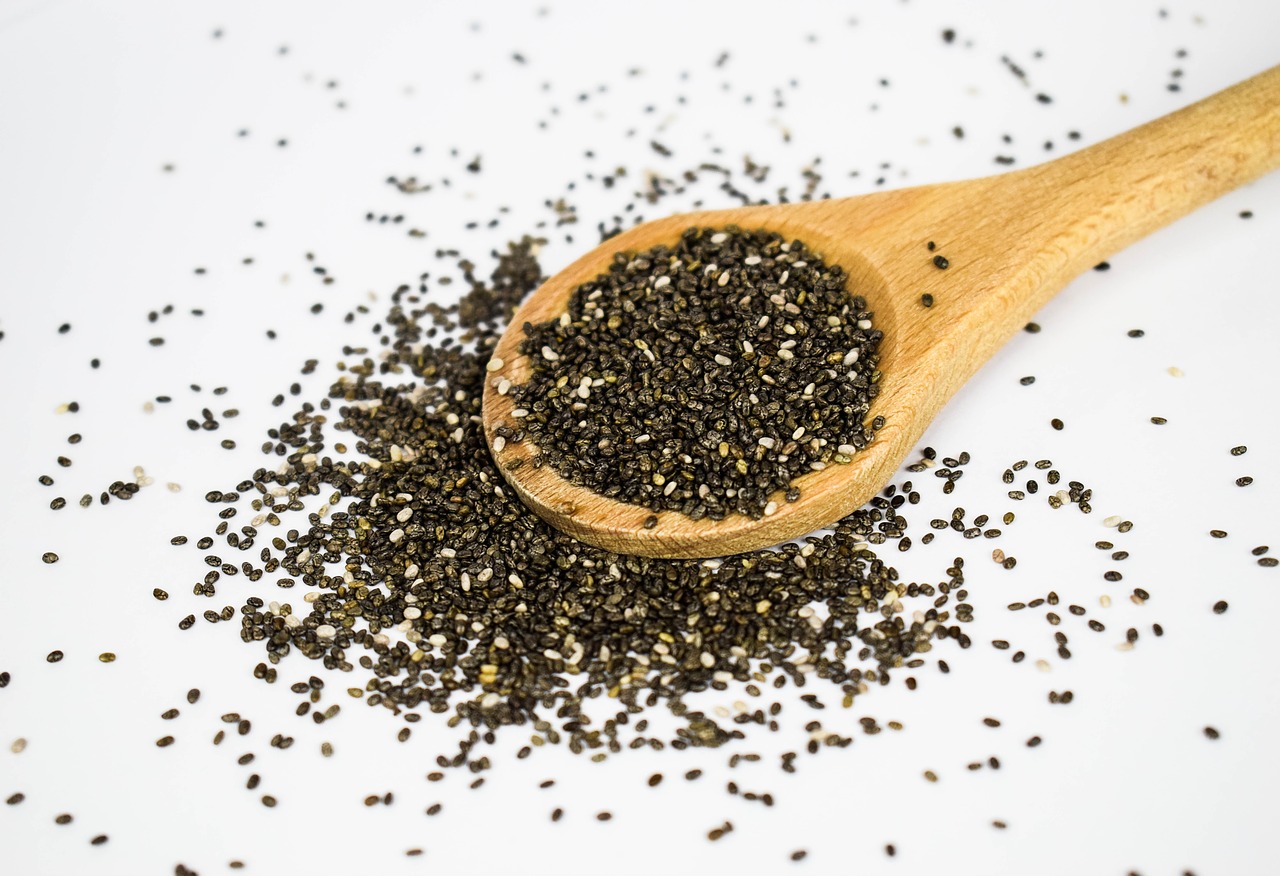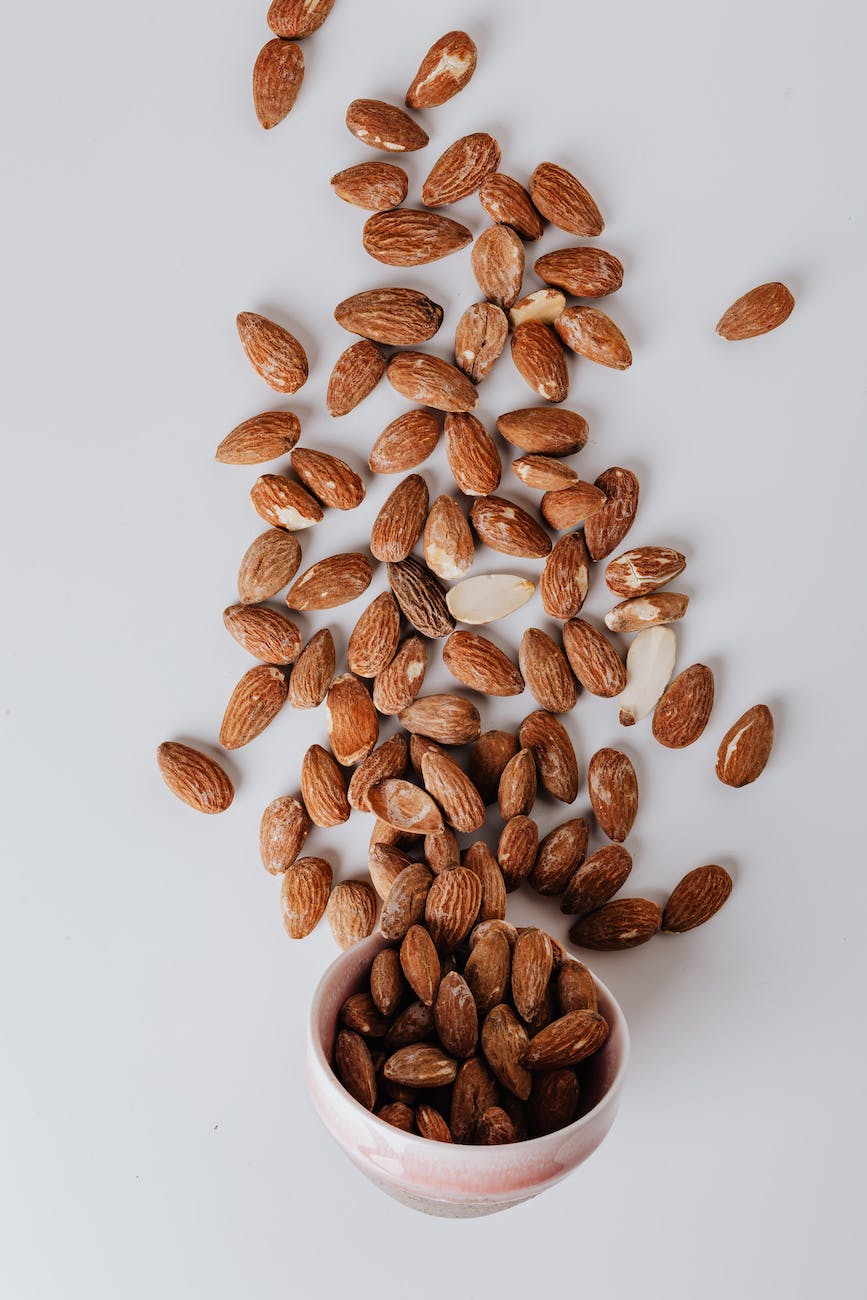
Mango with Tajin 🌶️🥭 is a culinary duo that brings together the natural sweetness of mangoes and the zesty, spicy tang of Tajin seasoning. This combination creates a burst of flavors that tantalizes the taste buds and takes your culinary experience to new heights. In this blog post, we will dive deeper into the irresistible pairing of mango with Tajin, exploring the unique qualities of each ingredient, their health benefits, and providing you with creative and mouthwatering ways to enjoy this delicious combination. Get ready to indulge in a symphony of flavors that will transport you to a world of culinary delight! 🌴🥭🌶️
🥭 Mango: A Tropical Delight Bursting with Nutrients: Mangoes are not only incredibly delicious but also packed with essential nutrients. They are a rich source of vitamins A and C, which are potent antioxidants that support immune function, promote healthy skin, and contribute to collagen production. Mangoes are also abundant in dietary fiber, which aids digestion, supports a healthy gut microbiome, and helps regulate blood sugar levels. Additionally, they provide a host of other vitamins and minerals, including vitamin E, potassium, and folate, all of which play vital roles in maintaining overall health and well-being.
🌶️ Tajin: A Versatile Seasoning Blend with a Zesty Kick: Tajin is a popular Mexican seasoning blend that consists of chili peppers, lime, and salt. It adds a unique and irresistible combination of flavors to dishes, incorporating tanginess, spiciness, and a touch of saltiness. The chili peppers in Tajin provide a mild to medium heat, while the lime adds a refreshing citrusy tang. The salt enhances the overall flavor profile, bringing out the natural taste of the ingredients it accompanies. Tajin is a versatile seasoning that can be used on fruits, vegetables, meats, or as a topping for various dishes, adding a delightful and complex flavor dimension.
🌶️🥭 The Perfect Harmony of Sweetness and Zest: When mangoes and Tajin come together, it’s a match made in culinary heaven. The natural sweetness of mangoes perfectly complements the tangy, spicy notes of Tajin, creating a harmonious balance of flavors. The combination awakens your taste buds, tantalizing them with the contrast between the juicy sweetness of the mangoes and the zesty kick of the Tajin. The result is an explosion of flavors that adds a unique twist to your culinary creations.
🍽️ Creative and Mouthwatering Ways to Enjoy Mango with Tajin:
- Mango Tajin Popsicles: Blend ripe mangoes with a splash of lime juice and a pinch of Tajin. Pour the mixture into popsicle molds and freeze until solid. The result is a refreshing and tangy treat with a hint of spiciness that will cool you down on a hot day.
- Mango Tajin Salad Bowl: Create a vibrant and refreshing salad bowl by combining sliced mangoes, mixed greens, cherry tomatoes, avocado, cucumber, and a sprinkle of Tajin. Drizzle with a light citrus dressing for a satisfying and zesty salad bursting with flavors.
- Grilled Mango Tajin Skewers: Thread chunks of ripe mango onto skewers and grill them until lightly charred. Sprinkle Tajin over the grilled mangoes for an enticing combination of smoky, sweet, and spicy flavors.
- Mango Tajin Guacamole: Mash ripe avocados with diced mangoes, red onion, jalapeño, lime juice, and a pinch of Tajin. The result is a mouthwatering guacamole with a tropical twist that pairs perfectly with tortilla chips or as a topping for tacos and quesadillas.
- Mango Tajin Margarita: Blend fresh mangoes, lime juice, tequila, and a sprinkle of Tajin for a tangy and spicy twist on the classic margarita. Serve it with a Tajin rimmed glass for an extra kick of flavor.
🌴🥭🌶️ The combination of mango with Tajin offers a unique and tantalizing flavor profile that elevates your culinary creations to new heights. Whether enjoyed as a snack, in salads, popsicles, or incorporated into various dishes, this culinary duo brings a perfect harmony of sweetness and zest. So, unleash your creativity in the kitchen and savor the delightful combination of mango with Tajin for an extraordinary culinary experience!












